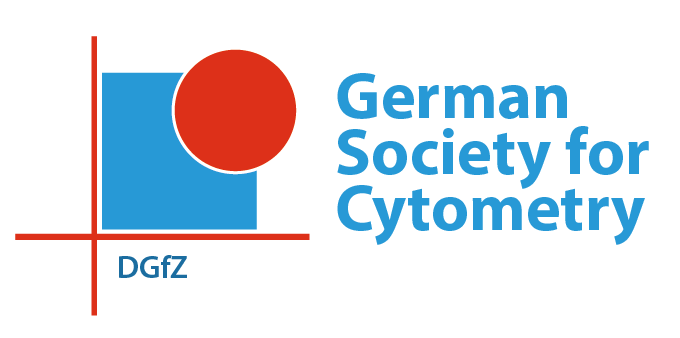Tutorials 1-3
Tuesday, 10.09.2024, 3:00 pm
Tutorial 1: Securing Intellectual property
DRFZ, Seminar room 1+2
Dr. Martin Behrndt, European Patent Attorney Hertin & Partner, Berlin
Dr. Konrad von Volkmann, CEO APE, Berlin
Dr. Christin Koch, Director IP Strategy Symrise AG, Holzminden
This tutorial will give an introduction to intellectual property focusing on patents. What is a patent and how can it protect the results of my work? What can be patented and how do I write patents? Dr. Martin Behrndt will give a very general introduction to patents and the related formal procedures in the first part of this tutorial. The second part is dedicated to exchanging experiences. Dr. Konrad von Volkmann will talk about his experiences and the relevance of IP in a small to medium sized company developing highly specialized technologies. Afterwards, we would like to have an open exchange with all participants. You are very welcome to share your personal experiences and questions before as well as during the tutorial. Dr. Christin Koch will supplement with experiences working at a global player and moderate the event.
Tutorial 2: Deep Learning in Image Analysis
DRFZ, Seminar room first floor
Anja Hauser, Raluca Niesner & Pendar Alirezazadeh, DRFZ
This tutorial on deep learning for cell segmentation in tissue cytometry aims to introduce participants to the fundamentals and applications of deep learning techniques in this field, with a particular focus on the DeepLabV3+ model. We will start with an overview of traditional segmentation methods and their limitations, highlighting the need for deep learning approaches. Core concepts of deep learning, particularly convolutional neural networks (CNNs) and their architecture, will be explained. Participants will learn about various deep learning models used for cell segmentation, such as fully convolutional networks (FCNs), U-Net, Mask R-CNN, and notably, DeepLabV3+ due to its advanced capabilities in semantic image segmentation. The tutorial covers the entire process from data preparation to model optimization, including data collection, preprocessing, and augmentation. Practical considerations, including handling imbalanced datasets and computational requirements, will be discussed. Hands-on sessions will enable participants to implement and train deep learning models using frameworks like TensorFlow and PyTorch, applying DeepLabV3+ to real-world cytometry datasets to illustrate challenges and solutions. We will provide step-by-step instructions on model training and evaluation, highlighting performance metrics such as Intersection over Union (IoU) and discussing post-processing techniques to refine segmentation results and extract meaningful biological information. By the end of the tutorial, participants will have a solid understanding of leveraging DeepLabV3+ and other deep learning models for cell segmentation in cytometry, equipped with practical skills to enhance the accuracy and efficiency of their segmentation workflows, ultimately contributing to more insightful image analyses.
Tutorial 3: Data annotation, quality, sharing, and FAIR principles
DRFZ, Seminar room 3
Sebastian Ferrara, DRFZ & Christian Busse, DKFZ
Data sharing and the reuse of publicly available datasets are becoming increasingly important in immunological research. In this tutorial, we will introduce the National Research Data Infrastructure for Immunology (NFDI4Immuno) project, its goals, and its potential impact on data sharing, collaboration, and progress in immunological research, especially considering FAIR principles. Additionally, we will illustrate how to generate high-quality datasets and demonstrate the dos and don’ts of metadata annotation of cytometry datasets with a hands-on approach.

